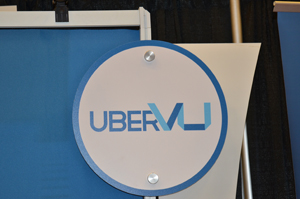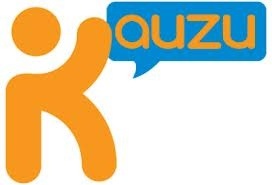 Once again, a technology-based company has exposed to the world their classic misunderstanding of change. In Instagram’s case, the failure was two-fold: a failure in planning and an even bigger failure to communicate. In late 2012, Instagram tried to generate revenue by sharing its users’ photos. (The new policy has since been retracted.) Unfortunately, the company’s new policy was not communicated properly and resulted in a predictable firestorm of bad publicity and the loss of a number of users. Instagram’s public change failure can provide important lessons for anyone or any organization pursuing change.
Once again, a technology-based company has exposed to the world their classic misunderstanding of change. In Instagram’s case, the failure was two-fold: a failure in planning and an even bigger failure to communicate. In late 2012, Instagram tried to generate revenue by sharing its users’ photos. (The new policy has since been retracted.) Unfortunately, the company’s new policy was not communicated properly and resulted in a predictable firestorm of bad publicity and the loss of a number of users. Instagram’s public change failure can provide important lessons for anyone or any organization pursuing change.
Lesson 1 – Planning for Risk can Make-or-Break the Change Initiative
While we would like to believe that Instagram planned for potential risk emanating from their new policy, it’s clear that if they did, they didn’t do it very well. Instagram’s risk planning failure is especially poignant given recent missteps by Facebook and Netflix. The media and users closely scrutinize any and all policy changes, especially those involving privacy. As users, we have become very educated and involved with changes to the technology platforms we use most. Similar to many technology applications, Instagram struggles with revenue generation. The attempted policy change was undoubtedly, an attempt to generate revenue. Somehow they didn’t plan for any backlash and their immediate retraction only served as direct proof of this lack of risk planning. All changes must plan for probable risks and have ancillary planning for other risks. Ignoring this rule, will most likely lead to change failure with its resulting costs.
For organizational changes, risk management is a serious endeavor and must be handled appropriately. While it is impossible to identify every possible risk, it is possible to identify risk categories. By this identification, response plans are put in place to immediately address a risk pending its categorization. The key to successful identification is communication.
Lesson 2 – Honest, Relevant and Timely Communication is Critical
Unfortunately for Instagram, the only communication was in full damage control mode. While appropriate, the communication was much too late to save the change and did little to mollify many users who subsequently defected. The time for communication is prior to, during and after the change has been implemented. This communication must be honest as to intentions and goals. It must be relevant to the specific change initiative being forwarded and it must be timely to the current stage of the initiative.
Communication must be honest, constant and consistent between the project sponsor, team leader, team members and those affected by the change. In the planning stage, a wide array of resources must be utilized to establish categories and then identify probable and potential risk. Honest communication allows for robust dialogue between team members and subject matter experts and the formation of a realistic risk plan. Once the change initiative is started, communication becomes especially critical. Lack of relevant and timely communication will lead to confusion, fear, resentment and even pushback to the otherwise appropriate change initiative. All of these negative results will severely and potentially fatally impact the likelihood of success. Thus, there is no such thing as over-communication but lack of communication is real and must be combated.
Above all, this is the time to be brutally honest and realistic with ourselves and our colleagues. We have a tendency to take on goals and internal change projects that are overly ambitious. Once the initiative is started and the going gets tough, we start compromising with ourselves and questioning the likelihood of success. Honest communication, internally and with our support team, allows for greater probability of realistic goal-setting and realistic achievement.
If Instagram’s goal was to generate revenue, their change initiative should have planned for a potential backlash and it should have been communicated in a manner that incorporated the risk strategy and allowed for meaningful dialogue during all stages of the change initiative. By learning from Instagram and others like it, we can effectuate successful and enduring change in the future.
Moe Glenner is the founder and president of PURELogistics, a leading consulting firm that specializes in organizational change. He earned his MBA at Lake Forest Graduate School of Management and a Lean Six Sigma Black Belt Certification from Villanova University. Glenner’s new book, Selfish Altruism: Managing & Executing Successful Change Initiatives ($13.95 | Amazon), explores best practices in organizational change. For more information, visitwww.moeglenner.com.
















